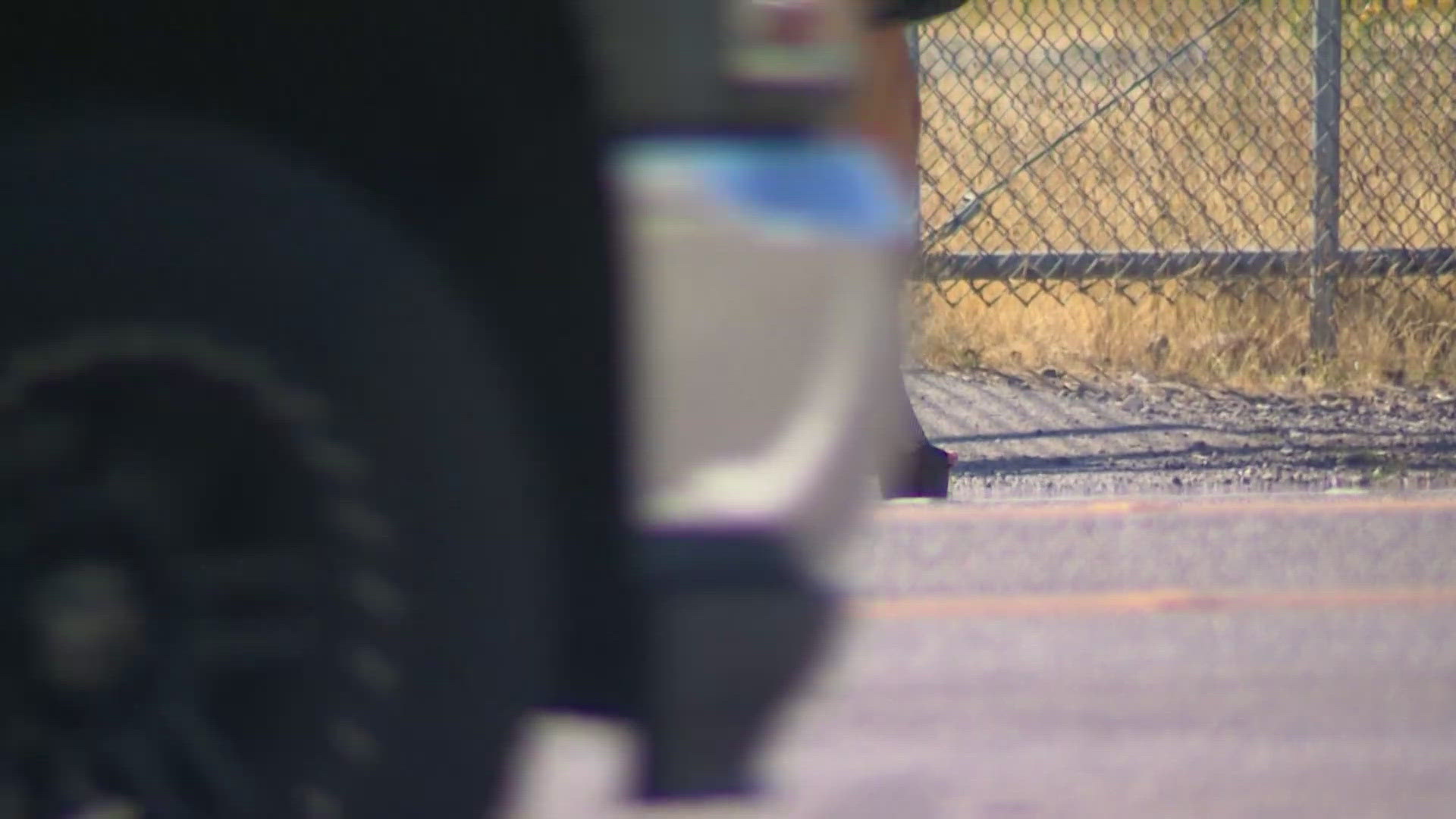SEATTLE — Controversial proposals to ban those with drug and prostitution-related arrests from certain areas of Seattle were approved by a majority of the Seattle City Council on Tuesday.
Both ordinances passed 8-1 with Councilmember Tammy Morales as the lone opposition vote each time.
The proposals, called SOAP and SODA zones, impact areas of the International District, downtown and Aurora neighborhoods.
Councilmembers in support of the ordinances say the laws will help combat illicit drug markets in specific areas of Seattle, and aim to target perpetrators of sex work while protecting vulnerable victims.
“For the past two years I have heard loud and clear from law enforcement that they need new legal tools to disrupt open-air criminal drug market activity in many areas of our city, and the tragedy of human trafficking on Aurora Avenue North,” said City Attorney Ann Davison.
Morales said at the Tuesday meeting that the ordinances are exclusionary and ineffective, and that it makes it more difficult for people to access city resources.
“The City of Seattle had both SODA and SOAP zones for over 20 years and research has proven these orders did not reduce drug use or human trafficking," Morales said in a statement.
The new laws must be signed by Seattle Mayor Bruce Harrell and will go into effect 30 days after his signature. If a person is found guilty of violating either ordinance, they could face up to 364 days in jail and/or a fine up to $5,000.
SOAP zones
The Stay Out of Area of Prostitution (SOAP) proposal brings back a prostitution loitering law after it was unanimously struck by the Seattle City Council in 2020.
When striking the law, the former council cited harm to sex workers who were already at high risk of trafficking, abuse and exploitation, and data that similar laws in other cities disproportionately impact people of color.
Councilmember Cathy Moore, who represents a swath of North Seattle especially impacted by human trafficking, put forward the bill this summer in response to an increase in sex trafficking and gun violence along Aurora Avenue and in the surrounding neighborhoods.
In the bill text, Moore noted that a section of Aurora Avenue from North 85th Street to North 145th Street has "among the highest number of shots fired in the City of Seattle" and that a majority of violent crime along that corridor is associated with pimps and sex traffickers.
The new ordinance makes selling or buying a sex act a misdemeanor within the city of Seattle and makes "promoting loitering for the purposes of prostitution" a gross misdemeanor. That charge would apply to anyone who repeatedly transports another person to a known area of prostitution and/or repeatedly monitors or surveils a person or persons engaged in prostitution loitering.
The ordinance also creates SOAP zones. These zones encompass areas of Seattle with high levels of illegal prostitution or other related criminal activity. A municipal court judge would have the power to bar anyone charged with or convicted of any prostitution-related crimes from entering those areas of the city.
An amendment to the ordinance, proposed by Moore, limits SOAP orders to buyers and promoters of sex trafficking, require police to train with sex-trafficking survivor groups and create arrest policies that prioritize diversion and referral to services over conviction and jail time.
At Tuesday's meeting, several more amendments were approved for additional reviews of the ordinance and to provide regular information updates to the council, including requiring auditors to review the “unintended consequences” of the ordinance.
Read the full SOAP text here:
SODA zones
A similar ordinance put forward by Seattle City Attorney Ann Davison creates Stay Out of Drug Area (SODA) zones, where people who have been charged with drug-related crimes are not allowed to go.
Davison said the legislation aims to combat open-air drug markets and covers limited areas of the city, including parts of Downtown Seattle and the International District. Amendments add additional SODA zones to the ordinance, including Capitol Hill, Pioneer Square, the University District and another part of the Belltown neighborhood.
Dozens of people spoke in opposition to the ordinances on Tuesday. Many identified themselves as sex workers, or closely know someone who is a sex worker and will be directly impacted by the ordinances. Public commenters said the ordinances will disproportionately and unfairly impact people of color, homeless people and transgender and queer people by increasing police interactions.
Opponents instead advocated for more resources and outreach to help those struggling with addiction or trapped in sex trafficking.
The ACLU of Washington previously sent a letter to the Seattle City Council warning that the ordinance would "not only cruelly target our most vulnerable populations and expand police powers to harass our neighbors" but also that the proposals would criminalize poverty and substance use disorder.
The ACLU went on to write that the proposals raise "serious constitutional concerns," saying that empowering law enforcement to stop, search and arrest people based on their perceived status as people in the sex trade or as drug users allows police to profile, harass and make arrests based on "appearance rather than criminal activity."
The organization said further that pre-trial imposition of a ban from a SOAP or SODA zone would raise concerns about violating the constitutional right to travel and associate.
Read the full SODA text here:

